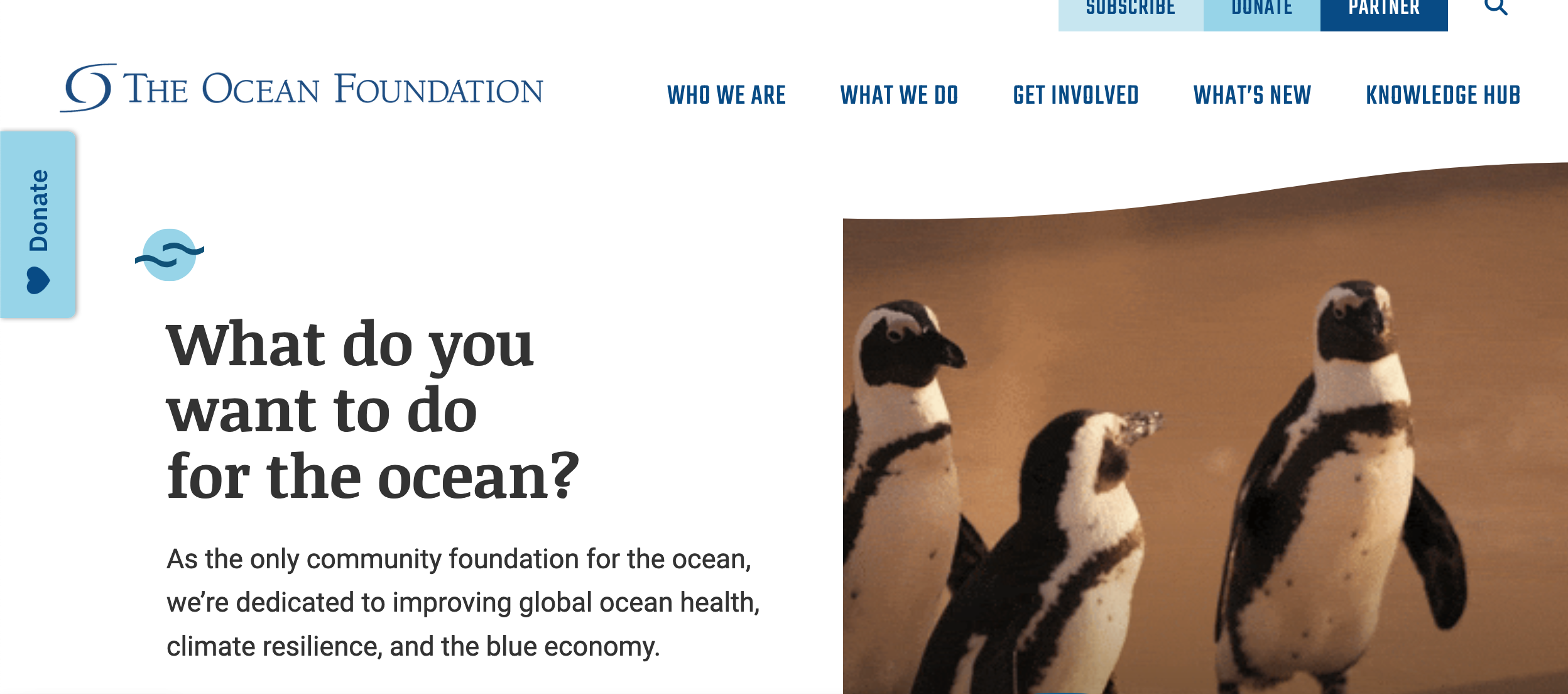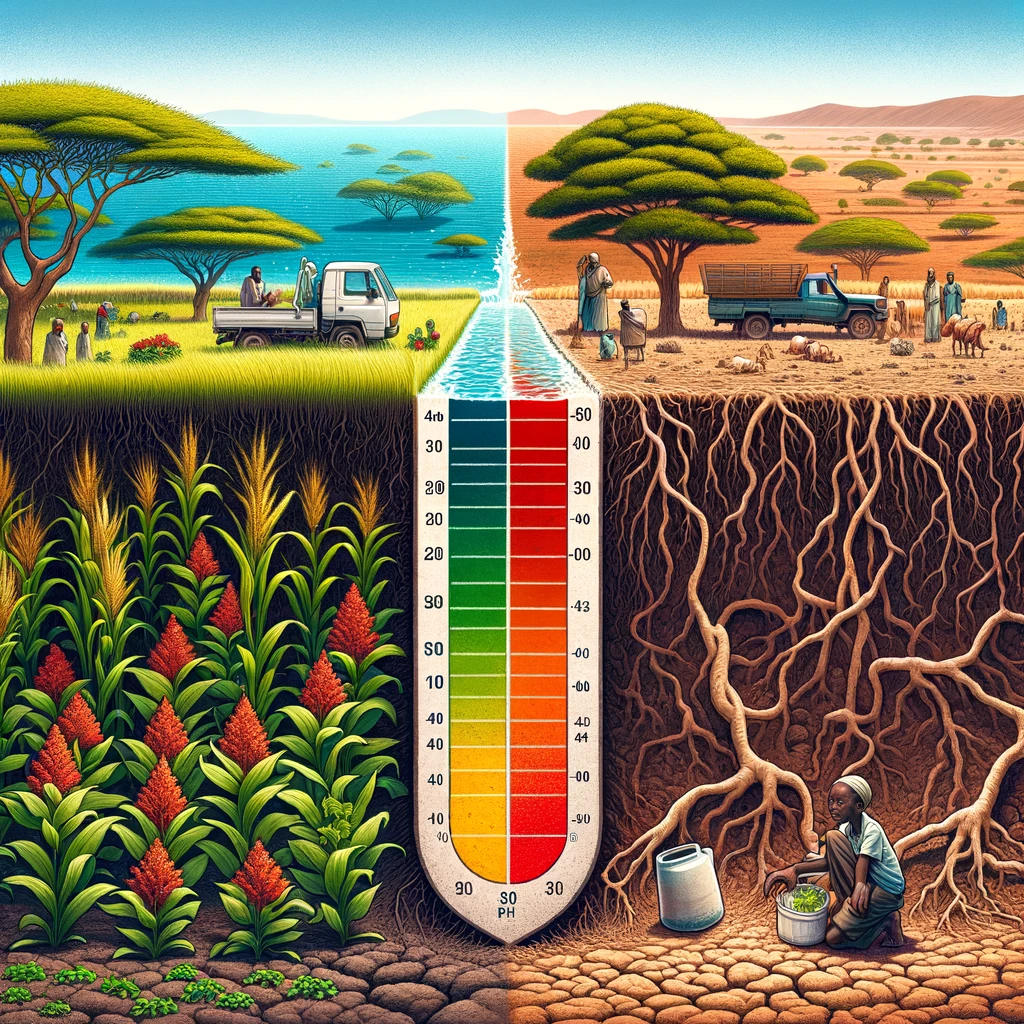Transforming Global Trade: The Revolutionary Alliance of TradeMark Africa and Global Partners
Kilimokwanza.org Team
In the bustling conference halls of Abu Dhabi on February 27, 2024, a groundbreaking partnership crystallized, promising to reshape the landscape of international trade. TradeMark Africa (TMA), in a historic collaboration with the IOTA Foundation, the World Economic Forum, the Tony Blair Institute for Global Change, the Institute of Export and International Trade, and the Global Alliance for Trade Facilitation, unveiled an ambitious plan to revolutionize how goods are traded across borders. This initiative, centered around the Trade Logistics Information Pipeline (TLIP), is poised to dismantle longstanding barriers and usher in a new era of efficiency and inclusivity in global commerce.
A Vision Born from Necessity
The journey of TLIP began in 2015, when TMA proposed the idea at the World Trade Organisation MC10 forum in Nairobi. By 2019, in partnership with the IOTA Foundation, TMA embarked on a mission to eradicate the inefficiencies plaguing international trade. With a $4 million investment from TMA, the IOTA Foundation harnessed distributed ledger technology to create TLIP, a system designed to facilitate a secure and transparent electronic exchange of trade information. This innovation promised to streamline processes in international supply chains, reducing the reliance on cumbersome paperwork, slow approvals, and access to information bottlenecks.
Proof of Concept: A Prelude to Success
TLIP’s trial runs have demonstrated its potential to transform the trading landscape significantly. The pilots showcased an astonishing 80% reduction in trade costs and a decrease in cross-border processing times from 25 days to a mere single day. Such improvements spell a new dawn for traders, who can now enjoy predictable access to customs facilities and significantly lower administrative burdens. The average cross-border transaction, which typically involves the exchange of 36 documents and 240 copies by up to 30 different actors, stands to benefit immensely from TLIP’s streamlined processes.
A Coalition for Change
The partnership announced in Abu Dhabi goes beyond merely implementing a new technology. It represents a united front of leading global organizations committed to fostering sustainable and inclusive trade. The agreement to establish a neutral governance framework for TLIP marks a pivotal step towards creating a vibrant ecosystem that encourages innovation and removes barriers to trade.
David Beer, CEO of TradeMark Africa, articulated the coalition’s vision, emphasizing the collaborative spirit that drives this initiative. The collective expertise and innovation prowess of these organizations aim to redefine the foundations of international trade, making it more accessible and equitable.
On the Horizon: Expanding the Impact
The next six months will see the coalition expand TLIP’s reach through additional Proof of Concepts in Africa and Europe, aiming to onboard more stakeholders and build the necessary infrastructure for a transformed future of trade. This period is crucial for refining the TLIP framework and ensuring its scalability and adaptability across different trade landscapes.
Dominik Schiener, Chairman of the Board of Directors & Co-Founder of the IOTA Foundation, highlighted the coalition’s dedication to being a responsive and inclusive force in the trade ecosystem. The goal is to engage all relevant public and private entities in crafting forward-looking policies and frameworks that accommodate the diverse needs of the global trade community.
The Challenges of Information Exchange
Tim Stekkinger, Head of the TradeTech Global Initiative at the World Economic Forum, pointed out the enduring challenge of information exchange along the supply chain. Trust and structured collaboration are identified as crucial elements for scaling effective systems across borders. The partnership aims to address these challenges head-on, leveraging technology to facilitate smoother and more reliable trade interactions.
Marco Forgione, Director General of The Institute of Export, and International Trade, underscored the transformative potential of the TLIP framework. With expectations of up to 80% cost reduction, processing times cut to one day, and a 35% increase in SME efficiency, the initiative stands to significantly benefit societies worldwide. This collaboration seeks to create a more equitable and sustainable global trade infrastructure.
Innovation for Inclusivity
The Tony Blair Institute for Global Change, represented by Frank Matsaert, Global Lead – Trade & Infrastructure, emphasized the importance of reimagining trade for the digital age. The partnership’s vision aligns with the Institute’s goal of innovating public services for the 21st century, focusing on creating an inclusive and green global digital infrastructure for trade.
Philippe Isler, Director of the Global Alliance for Trade Facilitation, highlighted the critical role of technology in overcoming trade frictions. The shift towards a digital, paperless trade system through TLIP represents a significant advancement in making trade more secure and efficient, leveraging blockchain technology to ensure data integrity and traceability.
A New Competitive Edge for East Africa
For East Africa, TLIP offers a unique opportunity to enhance the region’s competitiveness on the global stage. By optimizing the generation, transmission, and storage of information, the initiative promises to reduce the time and costs associated with transporting goods, thus improving the overall efficiency of trade flows in and out of the region.
Looking Forward
The partnership between TradeMark Africa and its global allies is more than a technological venture; it’s a commitment to redefining the future of international trade. By leveraging cutting-edge technology, collaborative governance, and a shared vision for a more inclusive trade ecosystem, this coalition is poised to make a profound impact on how goods are traded worldwide. The promise of TLIP is not just in its ability to reduce costs and save time but in its potential to unlock new opportunities for economic growth and development across continents.
About the Partners
The collaboration brings together organizations with diverse expertise and a shared commitment to improving global trade. The IOTA Foundation is at the forefront of developing decentralized technologies for a new digital economy, while TradeMark Africa has been instrumental in reducing trade barriers and enhancing efficiency across the African continent. Together with the World Economic Forum, the Tony Blair Institute for Global Change, the Institute of Export and International Trade, and the Global Alliance for Trade Facilitation, this coalition represents a powerful force for change in the international trade landscape.
As this ambitious project moves forward, its success will undoubtedly hinge on the continued collaboration and innovation of its partners. The journey of TLIP from concept to reality is a testament to the power of collective action and the transformative potential of technology in addressing some of the most pressing challenges in global trade today.


